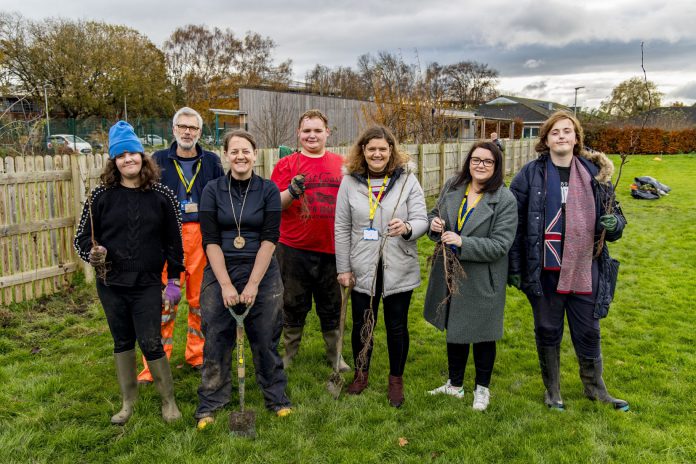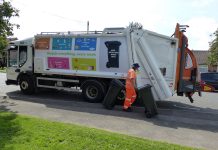
South Gloucestershire Council is making good progress in tackling the climate and nature emergency by taking a range of local actions to put the area in a stronger position as we approach 2030.
The Climate and Nature Emergency Annual Progress Report will be considered by Cabinet on Monday (11 December) highlighting the progress made so far in tackling the climate and nature emergency, and flagging areas that require increased focus to meet targets. It details progress made in this fourth year of work, including key developments implemented under the new administration, and an action plan for the upcoming year.
In addition to focusing on carbon reduction and nature recovery, the council is also working on plans that will bring local benefits, including projects to improve and connect habitat for nature. As well as projects its our own buildings and land, the council’s aim is to support residents and businesses to play their part in this transition for the benefit of the area.
New developments include:
- More ambitious policy proposals for local renewable energy generation in the Local Plan – protecting sites for wind and providing opportunities for community owned generation
- Publication of draft Local Plan polices for ‘net zero energy’ new build homes
- Launch of a pilot project working with the UK Health Security Agency (UKHSA) to help protect the local population from flooding and extreme weather
- Implementation of the Climate and Nature Decision Wheel to ensure that climate and nature implications are considered in council work and decisions
- Funded support for Town and Parish Councils to develop and deliver Local Climate and Nature Action Plans
- Funding secured to explore the potential to use mine water to help heat and cool people’s homes harnessing the mining heritage of our local area.
Other notable progress in 2023 includes launch of a new South Gloucestershire Community Nature Reserves and Community Nature Action Zones initiative working with Avon Wildlife Trust to support community action for nature as part of the Common Connections project.
The second round of Solar Together, which gives homeowners the opportunity to generate renewable energy at home through a group-buying solar panel scheme, has seen 1,773 South Gloucestershire residents register.
The UK Council Climate Action Scorecards has assessed council progress, this year focusing on delivery of climate and nature work, and positions South Gloucestershire at number 36 out of 166 local authorities. The latest global Carbon Disclosure Project (CDP) scores for cities and city regions has seen South Gloucestershire improve from a C to B rating.
Councillor Louise Harris, cabinet member responsible for the climate and nature emergency at South Gloucestershire Council, said: “We are pleased with our progress on this journey and although we recognise the challenge to achieve our shared goals, high ambitions continue to be needed to drive and focus work, and put South Glos in the best position as we face future challenges together. Everything we are able to do now will benefit the area and help protect our residents and businesses from the impacts of climate change and biodiversity loss.
“We have taken some great steps forward locally, especially around nature recovery. However, it’s important to recognise that the national levers needed to achieve environmental goals including reducing emissions and achieving 100 per cent renewables are not currently in place to enable local authorities to take the essential steps that we need to take.”








